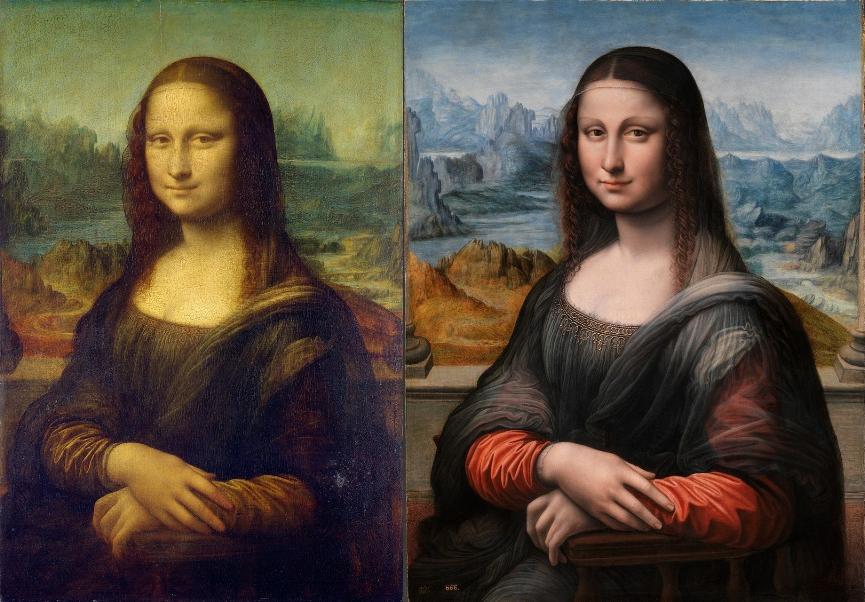Paul is a highly experienced, creative and tenacious litigator
paul.russell@russell.nl +31 20 301 55 55What can you do if the work of art you purchased differs substantially from what you thought to have purchased?

You have bought a painting under the impression that it was made by a certain master, however, research shows that this is not the case. The painting is a forgery and worth considerably less than you expected. What can you do if the work of art you purchased differs substantially from what you thought to have purchased?
Error is deemed to exist if:
The buyer may invoke error successfully if the following conditions are met:
If you want to invoke error, you will have to prove that the lacking quality, such as the name and reputation of the artist, was an important factor for your decision to buy the painting. Therefore, it is important to include in the purchase contract prior to the purchase what you intend to buy, such as the name of the artist.
In the event of error, the agreement can be annulled. Annulment does apply retroactively, that means the agreement is considered to have never existed. After the annulment the sum of money paid has to be given back and the work of art must be returned to the seller.
Would you like to learn more about error regarding art purchases? Or do you have any other questions about art and law? Please contact Russell Advocaten:
The government has outlined in a letter how it intends to translate the proposals from the Buma Committee’s advice into regulations. What does this mean in practice for private individuals who own art or other cultural goods? But first: what are the rules for exporting protected cultural goods at the moment?
The government has outlined in a letter how it intends to translate the proposals from the Buma Committee’s advice into regulations. What does this mean in practice for private owners of art or other cultural goods? Will this solve the problems of owners?
The use of general terms and conditions is something companies can no longer do without. Contracting parties refer to their own general terms and conditions in small print, often containing favorable clauses for their own benefit. But what is the power of general terms and conditions? And what should be considered when using them?
In his interview on “Hidden Gems – Treasured artwork adds to allure of Netherlands”, Reinier Russell talks about how artworks still reflect the spirit of the Golden Age and where they can be found.
A new EU regulation requires anyone wishing to import cultural goods into the EU to have an import license or submit an importer’s declaration. When is which type of document required? How does it affect art dealers, galleries, auction houses and collectors, both inside and outside the EU?
An African mask that was sold for 150 euros fetched 4.2 million euros at an auction. Were the French sellers able to undo the sale? How would this case have ended in the Netherlands?